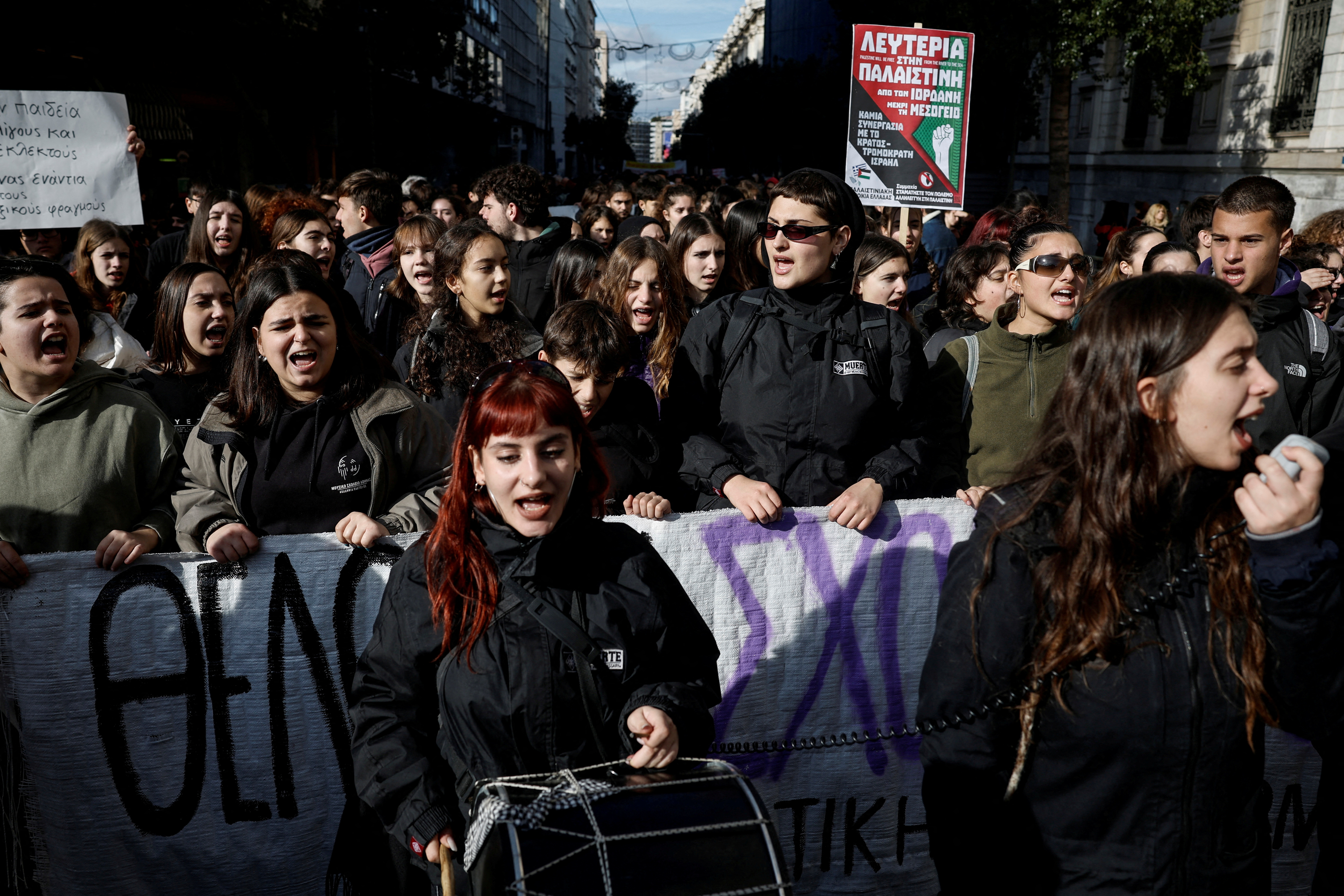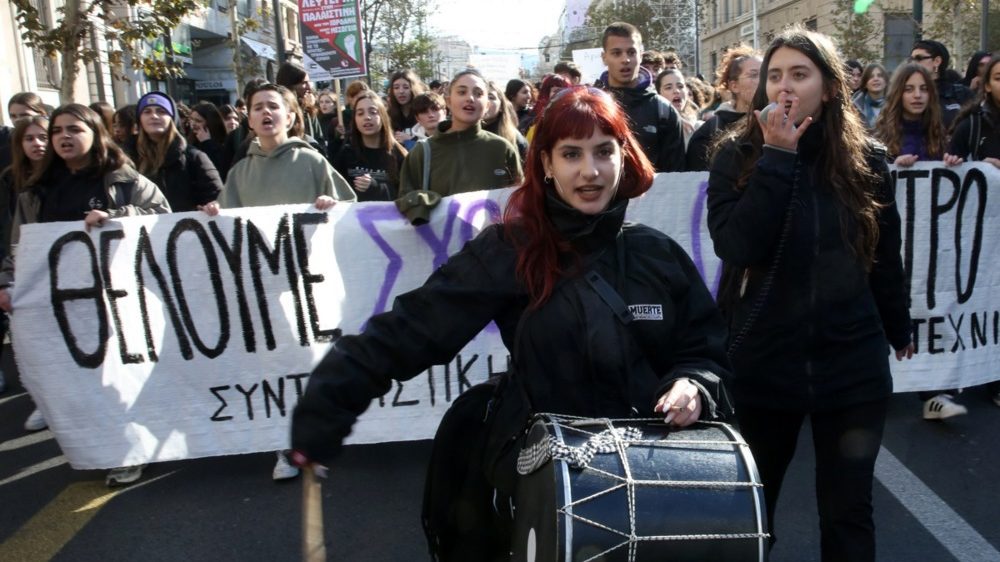Private universities have long been a contentious issue in Greece, and recently, the government’s proposal to establish such institutions has sparked widespread protests across the country. Students and teachers have taken to the streets, expressing concerns about the potential devaluation of their degrees and the increasing dependence of higher education on wealth. This article delves into the details of the proposed bill, the motivations behind it, and the implications it may have on the Greek education system.
The Controversial Bill and Protests
On January 11, 2024, demonstrations erupted throughout Greece as students and teachers voiced their opposition to the government’s bill that would permit the establishment of private universities. Protesters carried banners and chanted slogans denouncing the bill’s potential consequences. Among their concerns is the fear that their degrees will lose value if private universities are allowed to operate in Greece. They argue that the commercialization of education will be strengthened, compromising the quality and accessibility of higher education.
The protesters also worry that the bill may lead to the merger of public universities, the closure of departments, and reduced funding for public institutions. They express concern about the increasing influence of wealth in determining access to university education, potentially creating a system that favors the privileged few.

The Constitutional Challenge
The establishment of private universities is prohibited by Article 16 of the Greek Constitution. However, the government seeks to circumvent this restriction by seeking legal advice from a law firm. Education Minister Kyriakos Pierrakakis argues that Greece is one of the few countries in the world that does not have non-state universities. He asserts that the government will set strict criteria for private universities to ensure they operate as non-profit institutions and meet a series of stringent conditions.
Student Associations and Teacher Unions Join Forces
In response to the proposed bill, student associations in Athens have announced occupations in all the universities of the city. The federation of secondary school teachers, the Teaching Federation of Greece, and the Civil Servants’ Confederation have also condemned the bill. The broad coalition of students and teachers demonstrates the widespread opposition to the government’s plan.
The Impact on Higher Education
The introduction of private universities in Greece could have far-reaching consequences for the country’s higher education system. Critics argue that it may lead to a two-tiered system, with private institutions catering to the wealthy elite and public universities struggling to maintain their standards due to budget cuts. The potential devaluation of degrees from public institutions may also discourage students from pursuing higher education, impacting the overall quality of the workforce.
The Role of Wealth in Access to Education

One of the primary concerns raised by protesters is the growing influence of wealth on access to higher education. They fear that private universities will further exacerbate the existing inequality, making university education a privilege reserved for the wealthy. This shift may hinder social mobility and perpetuate disparities in Greek society.
International Comparisons
The debate surrounding private universities in Greece is not unique to the country. Many countries around the world have grappled with similar issues and have taken different approaches to regulating private higher education institutions. Understanding the experiences of other nations can provide valuable insights into the potential outcomes of introducing private universities in Greece.
The Future of Greek Higher Education
The outcome of the protests and the government’s response will shape the future of Greek higher education. It remains to be seen whether the bill will be withdrawn, amended, or implemented as proposed. Regardless of the final decision, the discussion sparked by the proposal highlights the importance of accessible and high-quality education for all Greek citizens.
Conclusion
The proposed bill allowing private universities in Greece has ignited widespread protests and raised concerns about the devaluation of degrees and increased reliance on wealth for access to higher education. Students and teachers have taken to the streets, demanding the withdrawal of the bill and expressing their fears about the potential consequences for the Greek education system. The constitutional challenge and the international comparisons provide additional context to the ongoing debate. The future of Greek higher education hangs in the balance as the government and protesters continue to engage in dialogue.
